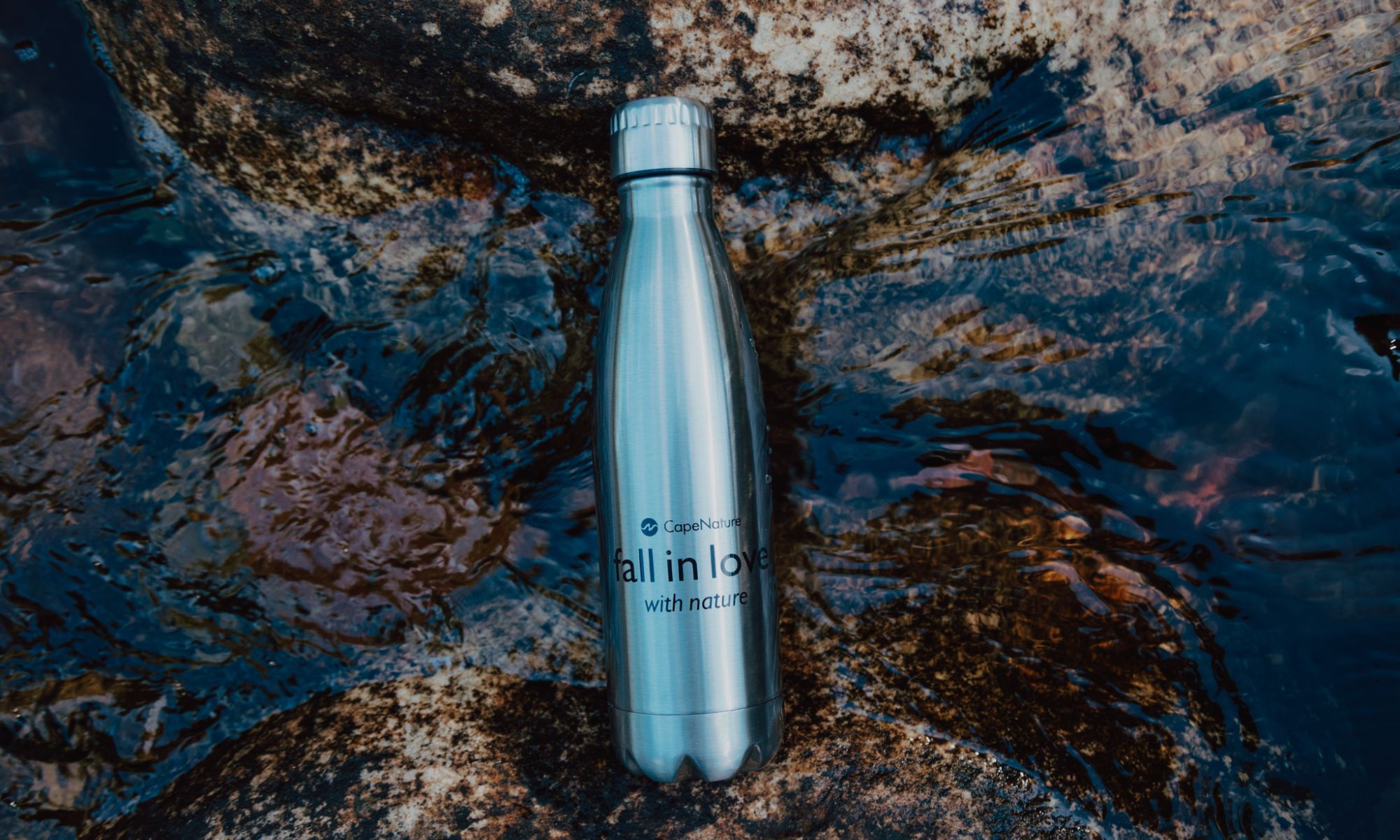
Boost for freshwater biodiversity as Wilderness Nature Reserve declared
A new nature reserve has been declared in the Western Cape, marking another significant milestone for the province’s environment. The Wilderness Nature Reserve, spanning over 643 hectares, has been declared a Provincial Nature Reserve in terms of the National Environmental Management: Protected Areas Act (Act 57 of 2003).
Situated near Heidelberg, the reserve, newly declared on 17 July 2025, has a significant role in protecting freshwater biodiversity, endangered species, and ecological corridors. It is home to a range of important species, including the Critically Endangered Breede River Redfin. It also serves as a breeding site for the Black Harrier, the rarest raptor in Southern Africa and an Endangered species.
Approximately 615 hectares of the new reserve are designated as a Priority Biodiversity Area, creating a key protected corridor directly linked to the Boosmansbos Wilderness Area, a formally protected Provincial Nature Reserve and part of a World Heritage Site.
Western Cape Provincial Minister of Local Government, Environmental Affairs and Development Planning, Mr Anton Bredell, welcomed the declaration, commending the joint efforts of CapeNature and landowners.
This new nature reserve is a win not just for biodiversity, but for the people who rely on the ecosystem services it provides. Our commitment to expanding protected areas is essential in the face of biodiversity loss and climate change. The declaration of Wilderness Nature Reserve strengthens our efforts to connect and protect biodiversity across the Western Cape.
The reserve marks a step towards ensuring the long-term health and resilience of the province’s biodiversity by protecting essential parts of an ecosystem, which ensures important species have a safe space to thrive.
Wilderness Nature Reserve forms a direct ecological link to the adjacent Boosmansbos Nature Reserve, enhancing the overall protected area network. The properties have a very high conservation value, not only from providing habitat for threatened species but also in the delivery of essential services from nature, forming part of a critical catchment for the Duivenhoks Dam, which provides water for people downstream.
Landowners who are considering having their land formally protected can contact CapeNature’s Antia Wheeler on awheeler@capenature.co.za and Kaylin Reid on kreid@capenature.co.za.





